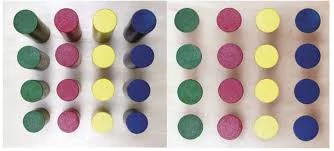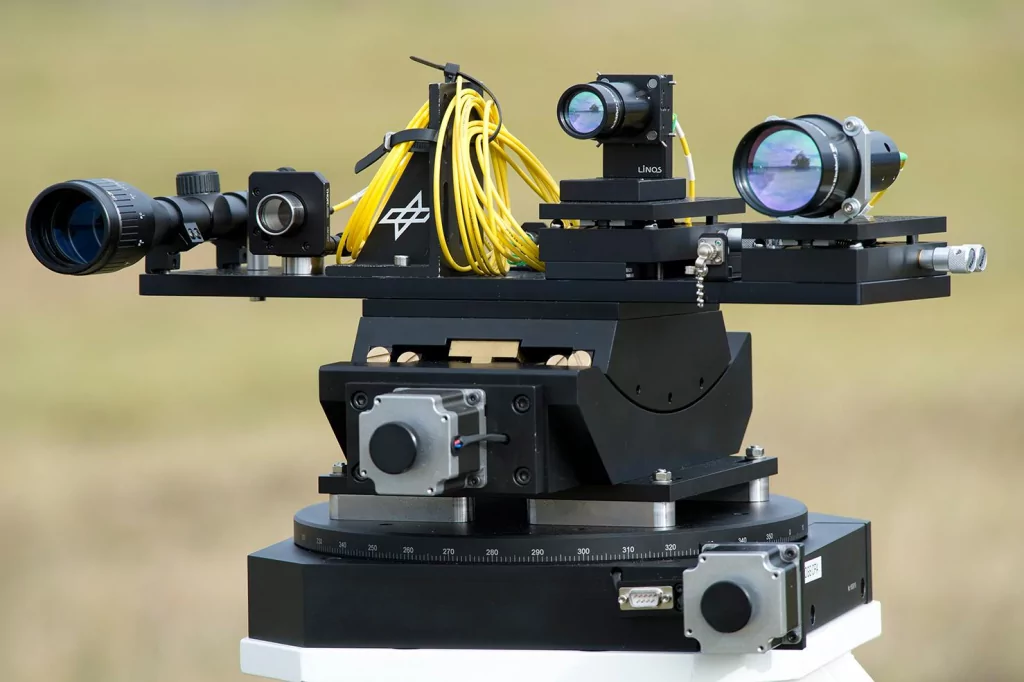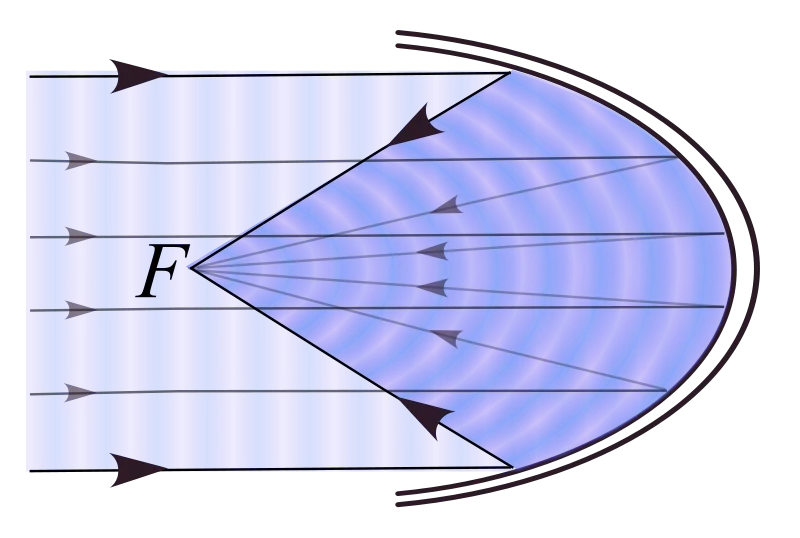Rigid Endoscope Design

Endoscopes are medical devices designed to collect the smallest images from inside the human body. Endoscopes can be divided into two categories: rigid endoscopes, in which relay lenses are stacked together generally creating a high-quality image, and flexible ones-devices of lower cost where a camera is inserted near the tip of the endoscope while the […]
Fisheye Lens Design

Anyone who has peaked through a hotel room peephole has used a fish eye lens. Usually, the fish eye lens has a very short focal length (less than 15mm for a 35mm-size image sensor), but a large field of view (FOV). The latter can be as large as 180-degrees, giving the user a complete view […]
Telecentric Lens Design: Enhancing Precision in Optical Systems

Introduction to Telecentric Lenses An important goal in machine vision applications is taking measurements in a consistent, accurate, and precise manner. This can include measuring the dimensions of manufactured parts to guarantee they are within the design tolerance, or measuring the width of electric tracks in a PCB. For these applications, telecentric lenses can deliver […]
Understanding Free Space Optical Communication Design

A previous post discussed underwater optical design. This week, we will review the diametrical opposite application – free-space optical communication (FSO). As with underwater optical design, one of the challenges facing FSO is the optical signal propagation through a highly variable medium. For example, atmospheric turbulence produces temporary pockets of air with slightly different indices […]
Parabolic Mirror Design

Parabolic mirrors are optical systems that are used to collect or distribute energy. They have a wide range of applications from solar collectors for water heating systems to microscopes and telescopes, and everyday flashlights. The most common way to understand parabolic mirrors is that a bundle of light beams parallel to the optical axis will […]
5 things to know about refractive index

Introduction The refractive index is one of the basic concepts in optical sciences. Same as volume, and density, the refractive index is a fundamental property of all materials. However, not only materials that are used in optics have a refractive index. For example, the refractive index of water is 1.33, and the refractive index of […]